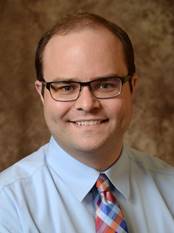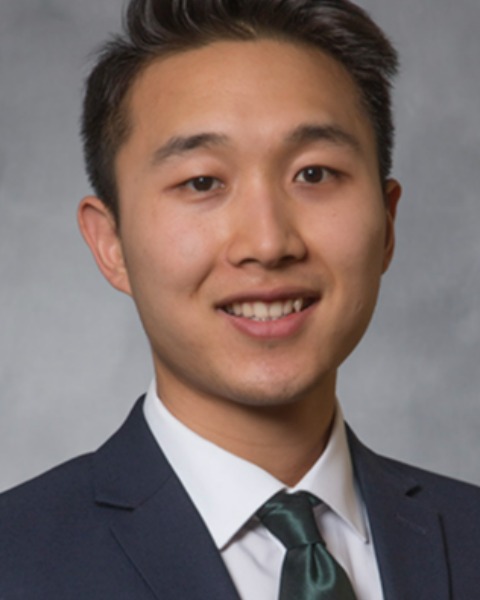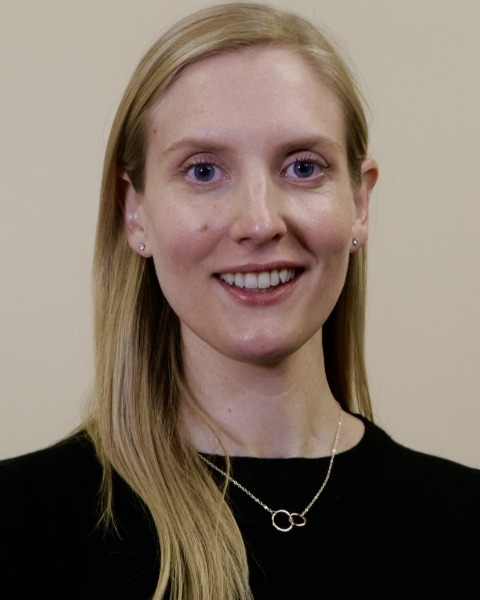Virtual Symposia
Subspecialty C-L
A Primer on Burn Psychiatry

Eric Golden, MD
Assistant Professor of Psychiatry
University of Pittsburgh Medical Center
Pittsburgh, Pennsylvania
David Cho, MD
Consultation Liaison Psychiatry Fellow
UT Austin Dell Medical School
Austin, Texas- ST
Susan Turkel, MD, FACLP, DFAPA, FAACAP
Emerita, Department of Psychiatry
University of Southern California
Los Angeles, California 
Erica Hatch, MD (she/her/hers)
Assistant Clinical Professor
University of North Carolina
Chapel Hill, North Carolina- SL
Sarah L. Laughon, MD
Associate Professor
The University of North Carolina at Chapel Hill, School of Medicine
Chapel Hill, North Carolina
Lead Speaker(s)
Speaker(s)
Patients who have survived serious burn injuries have high levels of premorbid psychiatric disorders and are at significant risk of exacerbation of or development of psychiatric illness during and after recovery. Burn care often requires prolonged hospitalization with repeated wound debridements and hydrotherapy, daily dressing changes, complex pain management, risk of life-threatening infection, immobilization, disfigurement, and disability. There is limited literature to inform treatment planning for both acute hospital care and long term outpatient management for this vulnerable group. Medical teams may become demoralized and exhausted providing long-term, intensive, and personalized care to patients who may die despite best efforts. The Burn and Trauma Injury Special Interest Group is presenting a Primer on Burn Psychiatry to highlight the unique challenges in evaluating and treating burn patients across the lifespan and supporting their families and caregivers. Presenting speakers will use clinical cases and existing evidence to highlight aspects of burn injuries, patient characteristics, and treatment approaches relevant to the CL psychiatrist. Increasing awareness and knowledge of the needs of burn patients will improve care of burn patients and demonstrate the role of CL Psychiatrists during all phases of burn care. Dr. Cho will discuss burn epidemiology, neuropsychiatric implications across the lifespan of burn-injured patients, and disparities and inequities among burn patients and their care. Dr. Golden will discuss psychological and medical challenges involved in the care of burn patients including psychopharmacology and longitudinal strategies for bedside psychotherapy. Dr. Turkel will discuss unique considerations important in the care of pediatric burn patients and their families, highlighting important developmental implications after burn injury and strategies for facilitating appropriate growth and development. Dr. Laughon will discuss an observed increase in self-immolation cases as it relates to suicidal behavior, substance intoxication, and psychosis. Dr. Hatch will discuss the unique aspects and challenges that arise when working with burn surgery teams and the importance of providing support and maintaining boundaries in the setting of prolonged hospitalizations. Hudson A, Al Youha S, Samargandi OA, Paletz J. Pre-existing psychiatric disorder in the burn patient is associated with worse outcomes. Burns. 2017 Aug;43(5):973-982. doi: 10.1016/j.burns.2017.01.022. Epub 2017 Apr 13. PMID: 28412132. Young SR, Duby JJ, Louie EL, Palmieri TL. Impact of Multimodal Analgesia in Critically Ill Burn Patients. J Burn Care Res. 2021 Sep 30;42(5):986-990. doi: 10.1093/jbcr/irab001. PMID: 33471091. Peters J, Bello MS, Spera L, Gillenwater TJ, Yenikomshian HA. The Impact of Race/Ethnicity on the Outcomes of Burn Patients: A Systematic Review of the Literature. J Burn Care Res. 2022 Mar 23;43(2):323-335. doi: 10.1093/jbcr/irab174. PMID: 34520543. Fauerbach, James A., et al. “Preburn Psychiatric History Affects Posttrauma Morbidity.” Psychosomatics (Washington, D.C.), vol. 38, no. 4, 1997, pp. 374–85, https://doi.org/10.1016/S0033-3182(97)71445-2.Learning Objectives:

